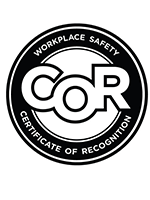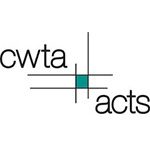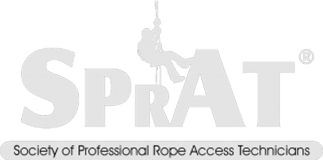Posted: Sep 1 '23

Fall accidents are among the leading causes of workplace injuries. Contrary to what you may think, these accidents can happen at any workplace, not just construction sites. Also, these accidents are primarily caused by workplace fall hazards, which employees may need to be made aware of or well-trained to handle. For this reason, it’s best to highlight the common workplace fall hazards and how a fall protection course can address them. Call us today to book group safety training.
Here’s a look at some common workplace fall hazards and how a fall protection course can help address them:
Workers on some job sites must always have personal protective equipment such as work boots and safety harnesses. However, that alone isn’t enough because they must know how to use the equipment while on the job. Misusing the gear can be a greater risk if fall accidents occur. A case in point is when construction workers fail to harness themselves properly when working from heights. Fall accidents resulting from such lapses are often catastrophic.
For this reason, workers should be provided with safety gear and trained on how to use them to address fall hazards. Instances of
unused/misused PPE can be reduced significantly if regular fall protection courses get offered to your team. The training should focus on
proper safety equipment use and how it can prevent workplace falls.

This fall hazard can be a problem in any workplace, be it a construction site or an office space. Common obstructions and hazards that can trigger fall accidents include:
These hazards heighten the risk of fall accidents because workers can easily trip over them. Keeping walkways clean and well-maintained can
help eliminate these hazards. Employees taking a fall protection course will also be taught how to detect and address these hazards before
they become fall incidents. For instance, safety managers will understand the significance of installing nonslip carpets. Likewise,
employees can learn to detect and clean hazards like oil spills to keep the workplace
safe.

Working at elevated positions is an inherent hazard in many workplaces. It could be someone repairing a roof or even changing a lightbulb. Fall risk is always high when working from such an elevated position. For this reason, it’s best to install handrails along stairways or edges to minimize the risk of falls. In addition, posted signs can draw your employees’ attention to the fact that they’re working from an elevated position and thus need to be careful.
You can also reduce the risk of fall accidents from elevated heights by offering fall protection courses to employees who regularly work around heights. Incorporating a fall protection course into your organization’s annual workplace safety training program will help your team to recognize possible fall hazards when working from heights. Furthermore, they’ll learn to keep themselves safe on such job sites.
If your workplace has machines like boilers, concrete mixers, conveyor belts, and industrial grinders, there’s a risk of workers falling
into them. Providing safety equipment such as toe guards, guardrails, safety lines, harnesses, handrails, and safety nets is good practice
in such workplaces. But, most significantly, safety awareness should get prioritized, and there’s no better way to do so than by offering a
fall protection course to your team.


Falls are a leading cause of severe accidents and workplace injuries. It is something you don’t want happening in your organization, given the repercussions that come with it. You can avoid common workplace fall hazards by enrolling your team in a fall protection course. Call us today for group bookings!
REQUEST INFO ON OUR COURSES





